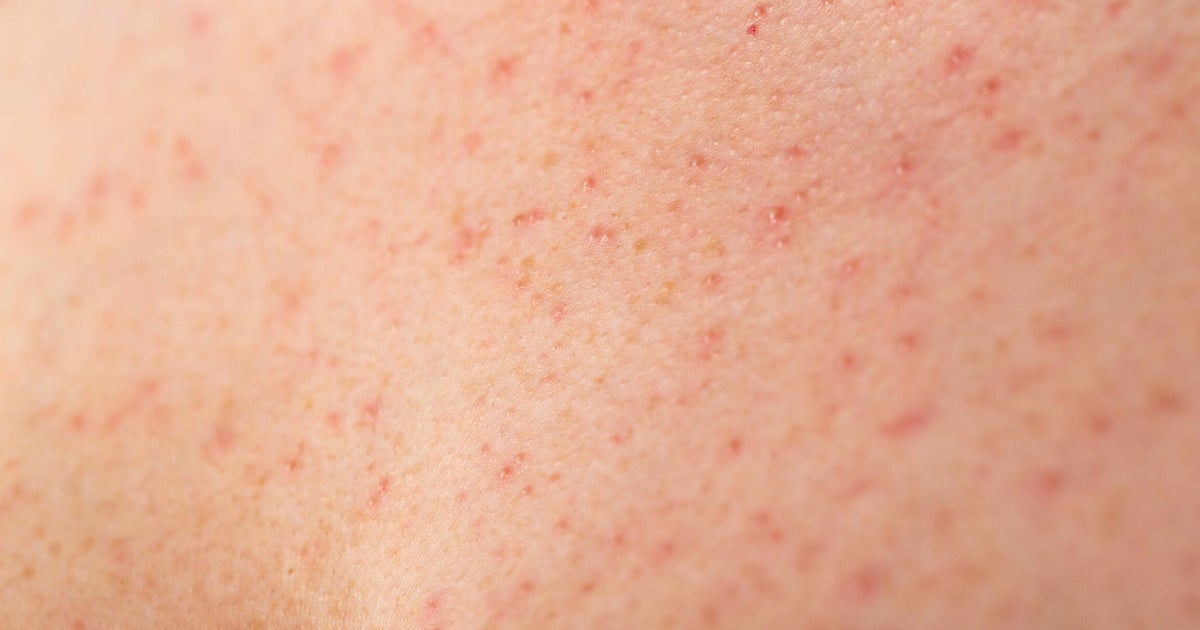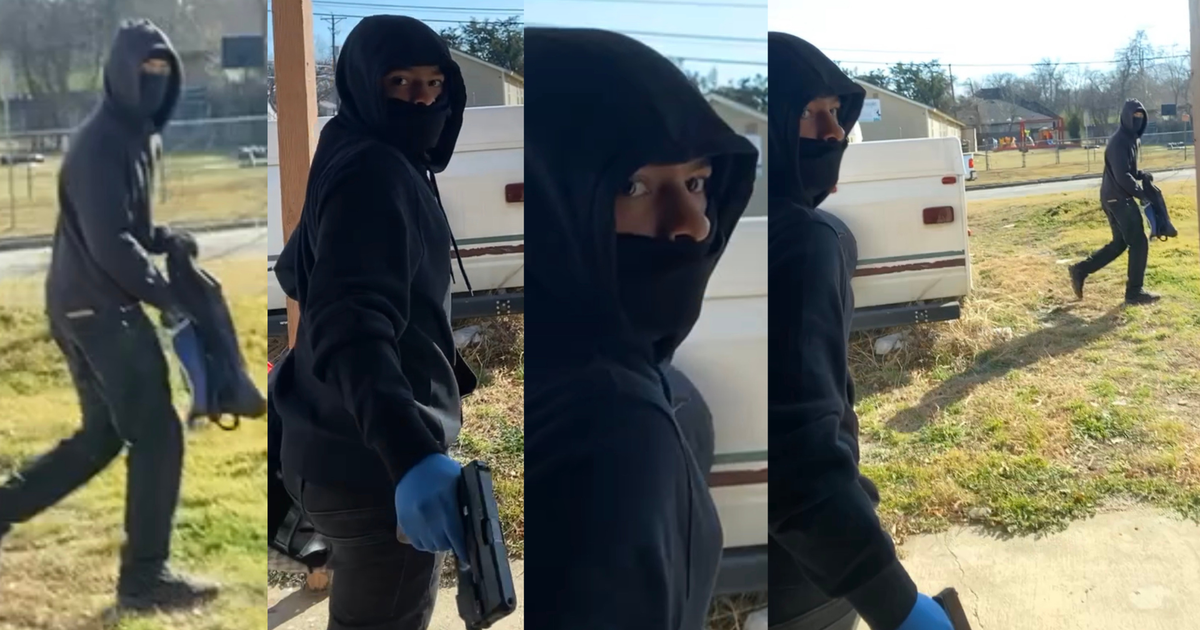Mosquitos test positive for Eastern Eastern Encephalitis in Bay County, MDHHS says
(CBS DETROIT) - Mosquitos recently collected in Bay County have tested positive for Eastern Equine Encephalitis (EEE), the Michigan Department of Health and Human Services (MDHHS) announced Monday.
No cases have been detected in animals or people, but the department says anyone under age 15 or over age 50 is at the greatest risk of severe disease following infection, according to a press release.
Horses are especially vulnerable to the virus with a 90% fatality rate when they become ill. The virus does not spread horse-to-horse or horse-to-human.
Symptoms of EEE include sudden onset of fever, chills, body and joint aches. Symptoms of severe encephalitis include headache, disorientation, tremors, seizures and paralysis. Anyone who experiences the symptoms is urged to call their medical provider.
"This testing information confirms the virus is here in mosquitos in Michigan," said Dr. Natasha Bagdasarian, MDHHS chief medical executive, in a statement. "EEE is one of the most dangerous mosquito-borne diseases in the United States, with a 33% fatality rate in people who become ill."
MDHHS says more than 600 mosquito pools have been tested in the state this year, as of June 30.
The following steps are recommended to avoid mosquito-borne diseases:
- Apply insect repellents that contain the active ingredient DEET or other EPA-approved products to exposed skin or clothing. Always follow the manufacturer's directions for use.
- Wear light-colored, long-sleeved shirts and long pants when outdoors. Apply insect repellent to clothing to help prevent bites.
- Maintain window and door screening to keep mosquitos outside.
- At least once a week, empty water from mosquito breeding sites around the home, such as buckets, unused children's pools, old tires and other water-holding containers where mosquitos can lay eggs.
The Michigan Department of Agriculture and Rural Development recommends that owners protect their horses by:
- Talking to their veterinarian about vaccinating horses against EEE and other mosquito-borne diseases.
- Placing horses and other livestock in a barn under fans during peak mosquito activity (from dusk to dawn).
- Using an insect repellant on animals that is approved for the species.
- Contacting a veterinarian if an animal shows signs of illness.
In addition to EEE, a mosquito pool tested positive for the Jamestown Canyon virus in Saginaw County. The virus spreads to people through bites of infected mosquitos and occurs from late spring through mid-fall, MDHHS says.
The mosquito can become infected with JCV when it bites deer or other animals with the virus in their blood.







